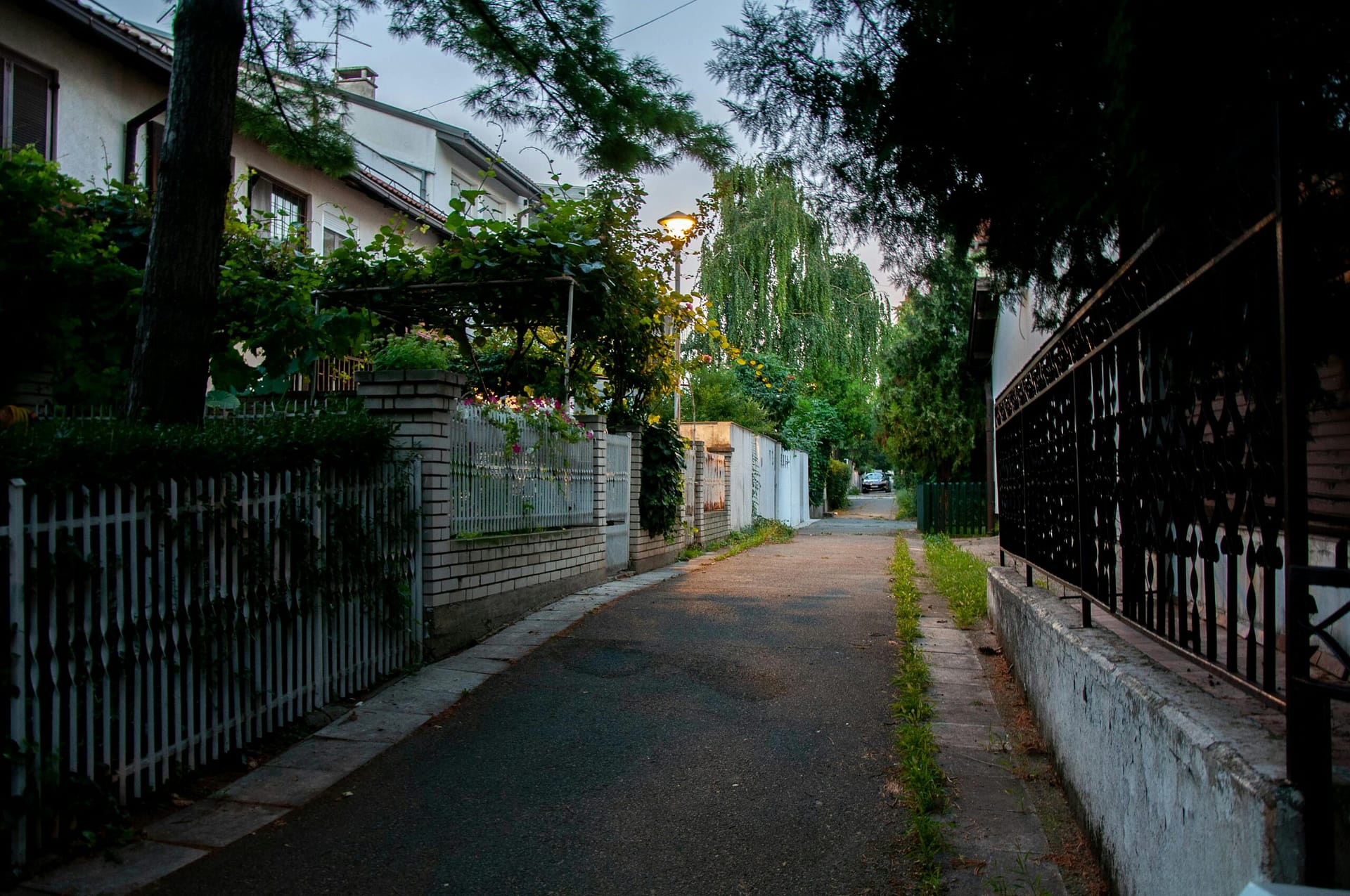When considering investing in rural real estate, there are several key factors to keep in mind to ensure a successful investment. Factors such as the location, infrastructure, development potential, and market trends all play a crucial role in determining the viability of a rural real estate investment. It is important to thoroughly research and evaluate each of these considerations before making any decisions, to maximize the potential return on your investment. By taking these factors into account, you can make informed decisions and set yourself up for success in the rural real estate market.

Introduction
Are you considering investing in rural real estate? There are some key factors to keep in mind before making this important decision. From location to market trends, understanding the ins and outs of rural real estate investing can set you up for success in the long run. In this article, we will explore the key considerations you should take into account when investing in rural properties.
Location, Location, Location
Choosing the right location for your rural real estate investment is crucial. Whether you are looking to buy a farm, ranch, or vacant land, the location can significantly impact the property’s value and potential for growth. Consider factors such as proximity to amenities, accessibility, and local infrastructure when selecting a location for your investment.
Proximity to Amenities
When investing in rural real estate, it is essential to consider the proximity to amenities such as schools, hospitals, and shopping centers. While the appeal of rural living lies in its tranquility and nature, having access to essential services can increase the property’s value and appeal to potential buyers down the line.
Accessibility
Another critical factor to consider is the property’s accessibility. Ensure that the rural property is easily accessible by road, especially during adverse weather conditions. Good road connectivity can not only make it easier for you to reach the property but also for potential buyers or renters in the future.
Local Infrastructure
Take a closer look at the local infrastructure surrounding the rural property. Consider factors such as water sources, power supply, and internet connectivity. Adequate infrastructure can make the property more attractive and functional, potentially increasing its value over time.
Market Trends and Analysis
Before investing in rural real estate, it is essential to analyze the market trends and consider the potential for growth in the area. Understanding the current market conditions and predicting future trends can help you make an informed decision about your investment.
Market Analysis
Conduct a thorough market analysis of the rural area where you are considering investing. Look at historical price trends, sales data, and market dynamics to understand how the real estate market has performed in the past and where it is headed in the future. This analysis can provide valuable insights into the potential return on investment.
Growth Potential
Consider the growth potential of the rural area before making an investment. Look for signs of economic development, population growth, and infrastructure improvements that could drive up property values in the future. Investing in an area with strong growth potential can increase the likelihood of a profitable investment.
Demand-Supply Dynamics
Evaluate the demand-supply dynamics of the rural real estate market in the area. Consider factors such as the availability of similar properties, competition from other investors, and the overall demand for rural properties in the region. Understanding these dynamics can help you determine the property’s competitiveness and potential for appreciation.

Financial Considerations
Investing in rural real estate requires careful financial planning to ensure the investment is viable and profitable in the long run. From budgeting to financing options, there are several financial considerations to keep in mind before making a rural property investment.
Budgeting
Set a realistic budget for your rural real estate investment that takes into account the property’s purchase price, closing costs, and any potential renovations or improvements. Consider working with a financial advisor to help you create a budget that aligns with your investment goals and financial capabilities.
Financing Options
Explore different financing options available for rural real estate investments, such as traditional mortgages, land loans, or agricultural financing. Compare interest rates, terms, and eligibility criteria to find the financing option that best suits your needs and financial situation. Remember to factor in the cost of financing when calculating the overall investment costs.
Return on Investment
Calculate the potential return on investment (ROI) for the rural property you are considering. Take into account factors such as rental income, property appreciation, and resale value to estimate the profitability of the investment over time. Consider working with a real estate agent or financial advisor to help you assess the property’s ROI potential accurately.

Legal and Regulatory Considerations
Investing in rural real estate comes with its own set of legal and regulatory considerations that you need to be aware of before making a purchase. From zoning laws to property rights, understanding the legal framework surrounding rural properties is essential to avoid any pitfalls or complications down the line.
Zoning Laws
Familiarize yourself with the zoning laws and regulations governing rural properties in the area you are considering investing in. Zoning laws dictate what types of activities can be conducted on the property, such as agricultural, residential, or commercial use. Ensure that the property complies with the local zoning regulations to avoid any legal issues in the future.
Property Rights
Understand the property rights associated with rural real estate investments, especially if you are considering buying farmland or ranches. Consider factors such as water rights, mineral rights, and grazing rights that may affect the property’s value and use. Consult with legal experts or property rights specialists to ensure you have a clear understanding of the property rights associated with your investment.
Environmental Regulations
Consider any environmental regulations or restrictions that may impact the rural property you are considering investing in. These regulations could include restrictions on land use, protection of wildlife habitats, or compliance with environmental conservation laws. Ensure that the property meets all environmental regulations to avoid any penalties or liabilities in the future.

Property Inspection and Due Diligence
Before finalizing your rural real estate investment, it is essential to conduct a thorough property inspection and due diligence to ensure that you are making a sound investment. From physical inspections to title searches, there are several steps you can take to assess the property’s condition and legal status.
Physical Inspection
Hire a qualified inspector to conduct a physical inspection of the rural property you are considering investing in. The inspector can assess the property’s structural integrity, condition of the buildings, and any potential issues or repairs that may need to be addressed. Review the inspection report carefully to identify any red flags or areas of concern.
Title Search
Perform a title search on the rural property to verify ownership and check for any encumbrances or liens that may affect the property’s title. A title search can reveal important information about the property’s legal status and help you avoid any ownership disputes or legal issues in the future. Consider working with a title company or real estate attorney to facilitate the title search process.
Legal Review
Consult with a real estate attorney to review the legal documents associated with the rural property, such as the purchase agreement, survey, and property disclosures. The attorney can help you understand the terms and conditions of the purchase agreement, identify any legal issues or concerns, and ensure that all necessary legal requirements are met before finalizing the investment.

Conclusion
Investing in rural real estate can be a lucrative opportunity for investors looking to diversify their portfolio and capitalize on the unique benefits of rural living. By considering key factors such as location, market trends, financial planning, legal considerations, and property inspection, you can make an informed decision about your rural real estate investment. Remember to conduct thorough research, seek professional advice when needed, and carefully evaluate all aspects of the investment before taking the plunge. Happy investing!
